Top 4 Factors to Consider When Choosing Your Mortgage

Securing a mortgage can feel daunting––even to the most experienced borrowers. But don't let that deter you: If other homebuyers' experiences are any indication, odds are you'll eventually find a loan that works well for you.[1]
The key to finding the right mortgage is to look for one that you’ll feel comfortable with long after you've closed on your new property. In addition to comparing term lengths and interest rates, also consider how the loan will fit your daily life and preferences.
For example, we recommend asking yourself questions such as: Are you a natural risk taker, or do you prefer firm plans and predictability? Can you afford a bigger mortgage payment if interest rates increase, or are your anticipated home expenses already stretching your monthly budget?
To help you get started, we've rounded up four of the most important factors to consider when narrowing your list of potential mortgage options.
1. Your Credit Score
To secure a conventional mortgage, you'll typically need a FICO score of at least 620, but some mortgage types require even higher credit scores.For example, to qualify for a U.S. Department of Agriculture (USDA) loan on a qualifying rural property, you'll need a minimum score of 640. Or, if you're seeking a jumbo mortgage (home loans above $766,500 to $1,149,825, depending on where you buy), you may need a score of at least 700 or more.[2]
You still have options, though, if your credit score is lower. You may be able to get a Federal Housing Administration (FHA) loan with a score as low as 500 if you have at least a 10% down payment. Some regional banks and credit unions may also be more flexible with their requirements.[3]
2. Your Income and Expenses
When evaluating your creditworthiness, a lender will compare your income to the total debt you'll carry once you've bought the home.[4 This is called your debt-to-income (DTI) ratio, and it’s considered a key indicator of whether you can afford a particular mortgage. Your approval odds will be higher if you have a DTI ratio below 36%. But, if you have great credit and ample cash, you may still be able to get a conventional loan with a DTI ratio in the 45% to 50% range.[5] If not, you may need to look to other “non-conforming” loan types, such as government-backed mortgages.
Lenders may also take into account other expenses unique to a home, such as property taxes, insurance, and homeowner association fees. In general, they prefer that you spend less than 28% of your income on housing or a maximum of 36% (which is the cap that federally-sponsored lenders advise).[6]
3. Your Expected Down Payment
You don't have to put down 20% to qualify for a conventional mortgage, but you will need a significant amount. According to the National Association of Realtors, the median down payment amount in 2023 was 14%.[7] If your cash reserves are slim, then you may want to consider an FHA loan, which only requires 3.5% down. Or, if you qualify for a USDA or VA loan, you may even be able to buy your home with no money down except for a small funding fee.[8]
Keep in mind, though, that a smaller down payment could mean a larger monthly payment. Plus, you'll not only pay more interest overall and be responsible for a larger principal, you'll also need to take out mortgage insurance. Conventional loans require private mortgage insurance (PMI) if your down payment is below 20%, while FHA loans always require insurance.[9]
4. Your Lifestyle and Risk Tolerance
For most Americans, a mortgage is a decades-long commitment. So it's important to find one you can happily live with—and comfortably repay—for the long haul. Most fixed rate mortgages, for example, are designed to last anywhere from 15 to 30 years or more.[10] When you spread out your repayment over such a long period, monthly payment amounts are smaller, but you also pay more in interest.
Another way to lower your monthly payment in the short term is to choose an adjustable-rate mortgage (ARM) that offers a low fixed APR for a lengthy period (typically five, seven, or 10 years) before changing to a variable rate. This can be especially beneficial if you only plan to stay in the home for a short period. But buyer beware: ARMs can be risky if you don't plan ahead for a higher interest rate.[11]
BOTTOMLINE
Regardless of the loan you choose, it pays to shop around and carefully compare terms. Fortunately, we have a vetted list of mortgage professionals who can explain your options, answer your questions, and help you find the best loan to meet your needs. We can also develop a custom plan for securing a great home that fits your budget. Reach out when you're ready to get started.
The above references an opinion and is for informational purposes only. It is not intended to be financial, legal, or tax advice. Consult the appropriate professionals for advice regarding your individual needs.
Sources:
Categories
Recent Posts

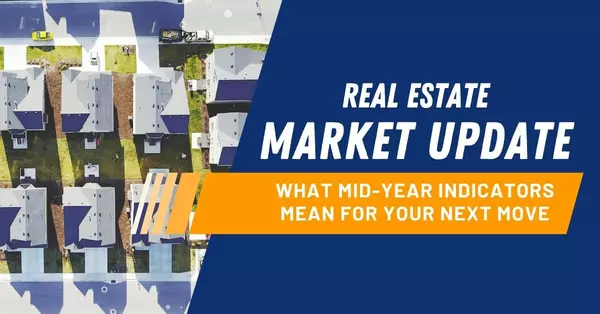


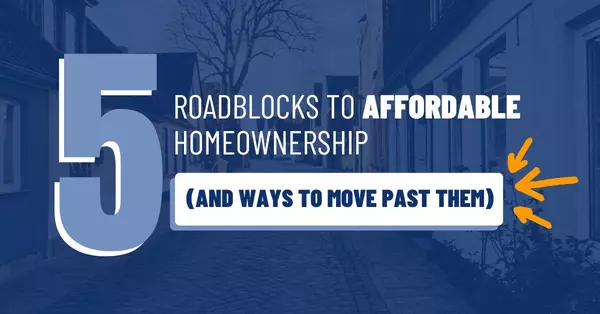
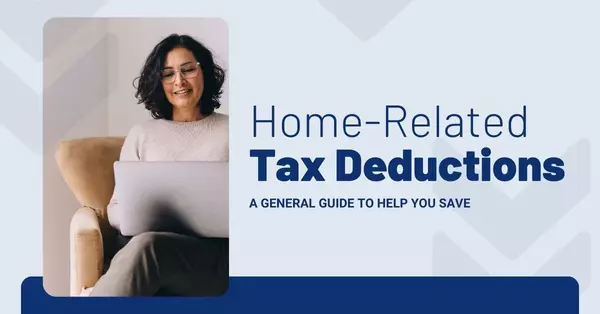
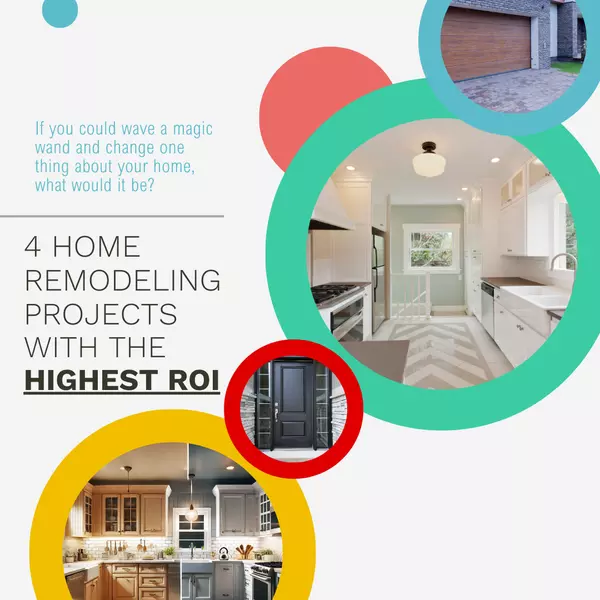
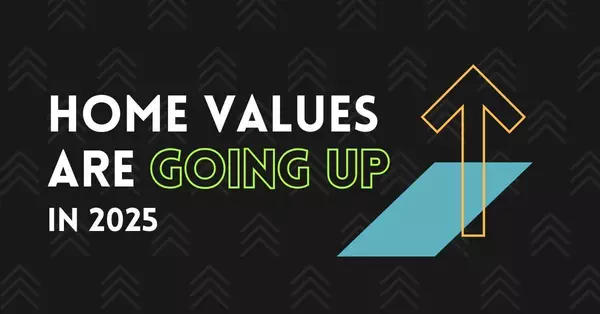


GET MORE INFORMATION
